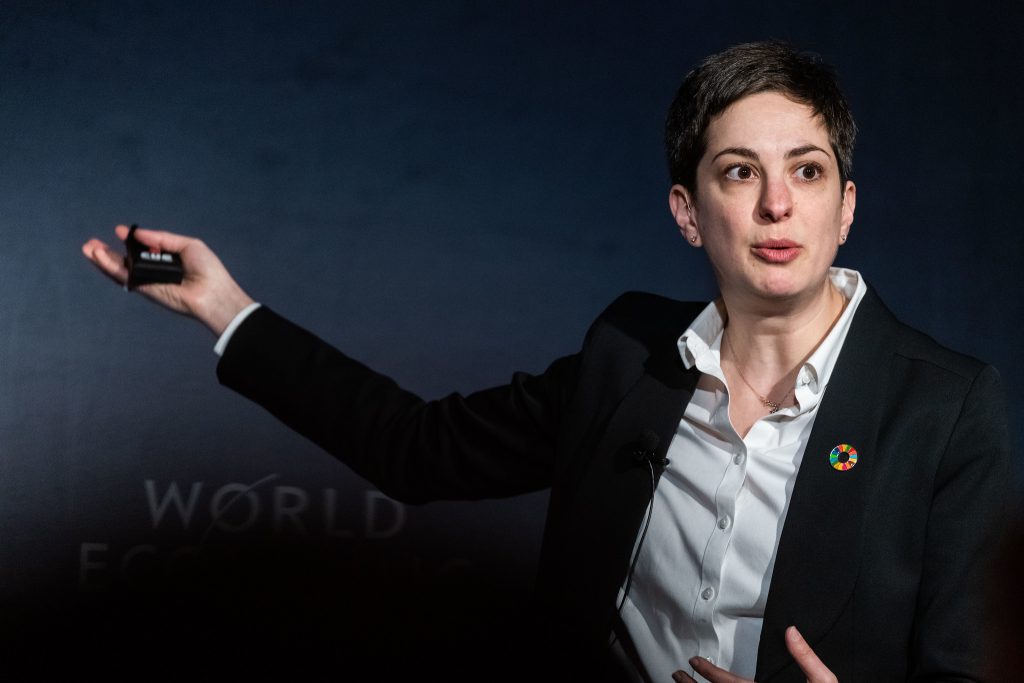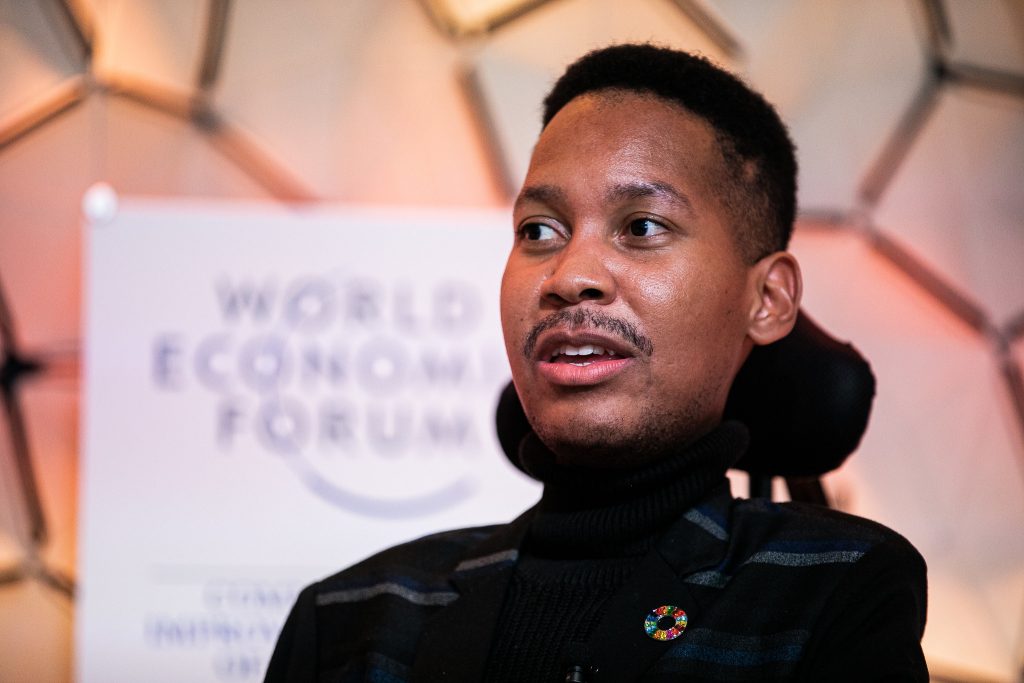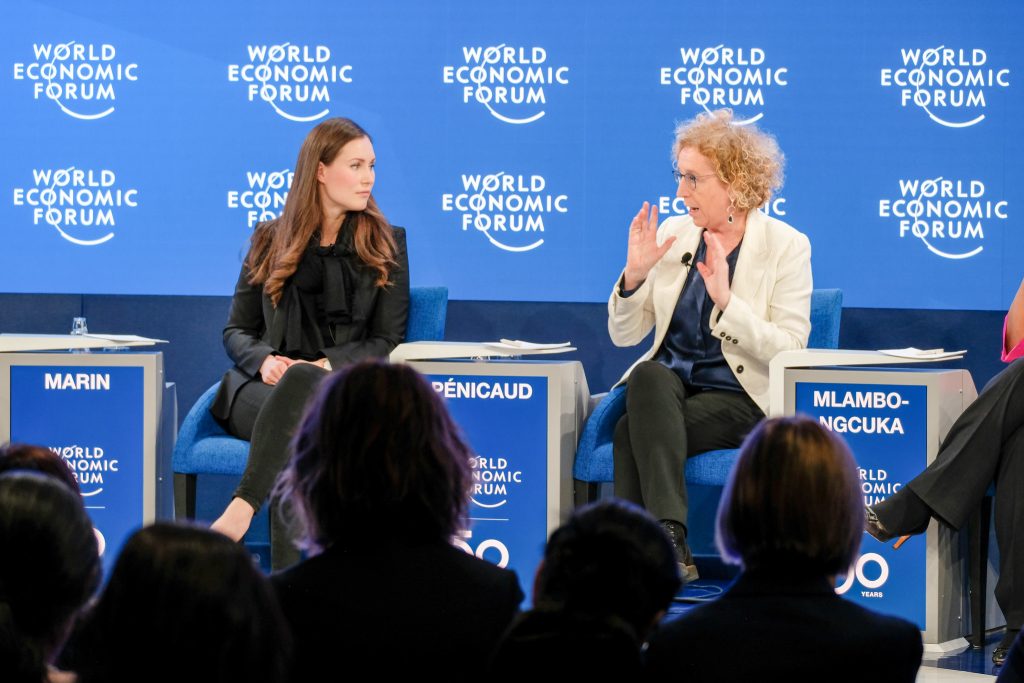Offices around the world see people working with an increasingly sophisticated array of software and hardware. Technology and the human side of business came under the spotlight on the third day of Davos 2020. Here’s our summary of the world of work-related updates that you should know about.
January 23, 2020
Microsoft looks to culture
Microsoft CEO Satya Nadella linked technology closely with culture as he set out four keys to corporate success in an interview today.
-
Power broad economic growth through tech intensity
-
Ensure that this economic growth is inclusive
-
Build trust in technology and its use
-
Commit to a sustainable future
The development of AI is one field where this interaction is key. “The best way to ensure there’s no bias in AI is to have the team creating the AI representing the diversity we want it to have”, he said. “My biggest job as CEO is a curation of culture – to get your products right you need a sense of purpose and then a culture to pursue that mission.”

How will we work with robots?
Insights into future human-robot interactions were provided at Davos today by Henny Admoni, a leading roboticist at Carnegie Mellon University. Depictions of robots in films – with legs, arms and heads like humans – are wide of the mark.

Empathy and dexterousness are among the toughest challenges. So, while robots can collect stock items in Amazon warehouses, they don’t have the fine motor skills needed to pack them into boxes. Wrapping presents, talking and showing sympathy are things we take for granted, but as babies it takes us years to master these skills.
The upshot: don’t expect robots to replace humans any time soon. “We should let people do what we’re good at – and let robots do what they’re good at,” she suggests.
Business leaders fascinated by talent and growth, should be turning to the 1.3 billion people in the world who have a disability. Yet, even though nine out of 10 companies claim to prioritise diversity, only 4% have specific programmes that are disability inclusive. You can’t become what you don’t see, said Edward Ndopu, a 29-year-old activist and humanitarian talking about the representation of disabled people in the workplace.
The upshot: don’t expect robots to replace humans any time soon. “We should let people do what we’re good at – and let robots do what they’re good at,” she suggests.
Closing the Disability Inclusion Gap
Business leaders fascinated by talent and growth, should be turning to the 1.3 billion people in the world who have a disability. Yet, even though nine out of 10 companies claim to prioritise diversity, only 4% have specific programmes that are disability inclusive. You can’t become what you don’t see, said Edward Ndopu, a 29-year-old activist and humanitarian talking about the representation of disabled people in the workplace.

Empathy and dexterousness are among the toughest challenges. So, while robots can collect stock items in Amazon warehouses, they don’t have the fine motor skills needed to pack them into boxes. Wrapping presents, talking and showing sympathy are things we take for granted, but as babies it takes us years to master these skills.
The upshot: don’t expect robots to replace humans any time soon. “We should let people do what we’re good at – and let robots do what they’re good at,” she suggests.
Business leaders fascinated by talent and growth, should be turning to the 1.3 billion people in the world who have a disability. Yet, even though nine out of 10 companies claim to prioritise diversity, only 4% have specific programmes that are disability inclusive. You can’t become what you don’t see, said Edward Ndopu, a 29-year-old activist and humanitarian talking about the representation of disabled people in the workplace.
The upshot: don’t expect robots to replace humans any time soon. “We should let people do what we’re good at – and let robots do what they’re good at,” she suggests.
Closing the Disability Inclusion Gap
Business leaders fascinated by talent and growth, should be turning to the 1.3 billion people in the world who have a disability. Yet, even though nine out of 10 companies claim to prioritise diversity, only 4% have specific programmes that are disability inclusive. You can’t become what you don’t see, said Edward Ndopu, a 29-year-old activist and humanitarian talking about the representation of disabled people in the workplace.

We have to free men and women from the stereotypes to allow them to have a choice, says Sanna Marin, Finland’s Prime Minister. It’s no coincidence that more women go into the care sector and more men go into the tech sector. Marin also mentioned parental leave and explained that “too few fathers were spending time with their children while they were young.”



